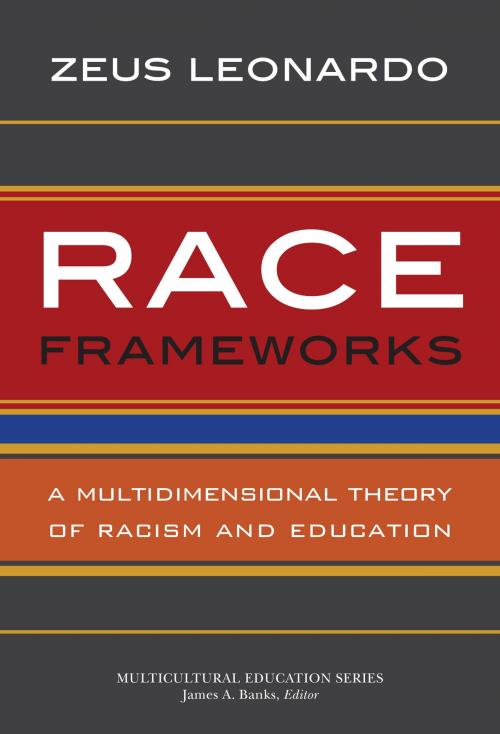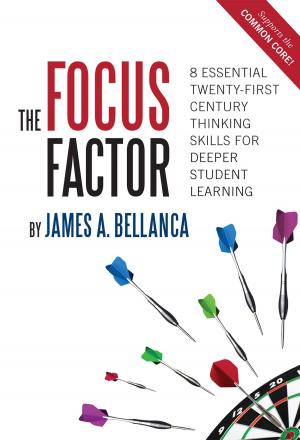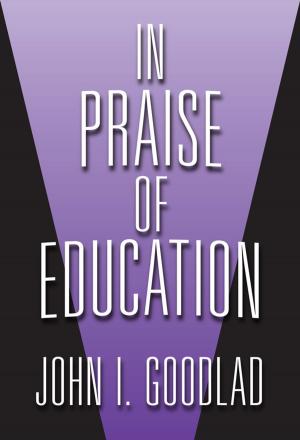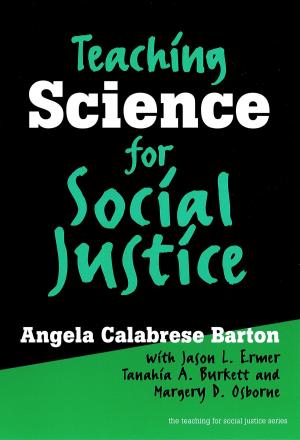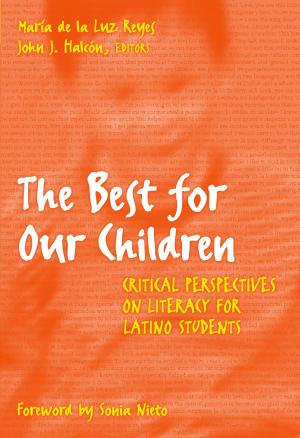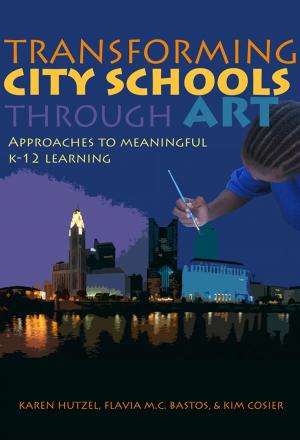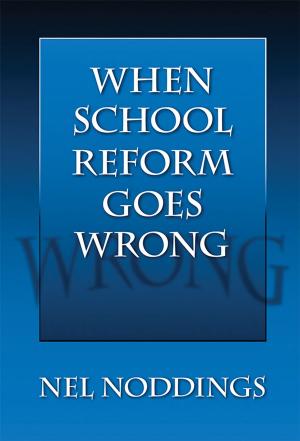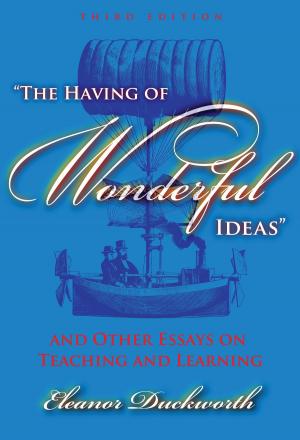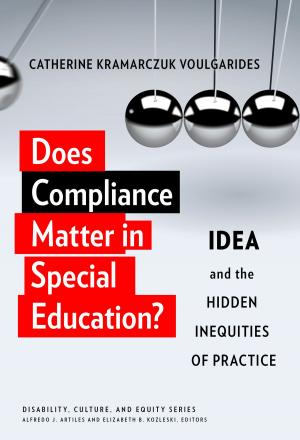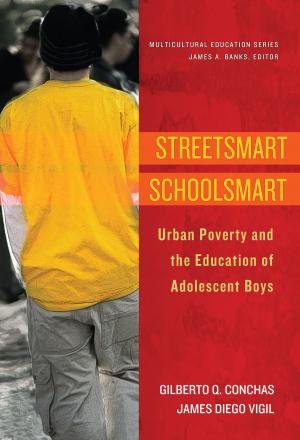Race Frameworks
A Multidimensional Theory of Racism and Education
Nonfiction, Reference & Language, Education & Teaching, Educational Theory, Multicultural Education| Author: | Zeus Leonardo | ISBN: | 9780807772652 |
| Publisher: | Teachers College Press | Publication: | December 15, 2009 |
| Imprint: | Language: | English |
| Author: | Zeus Leonardo |
| ISBN: | 9780807772652 |
| Publisher: | Teachers College Press |
| Publication: | December 15, 2009 |
| Imprint: | |
| Language: | English |
This is a comprehensive introduction to the main frameworks for thinking about, conducting research on, and teaching about race and racism in education. Renowned theoretician and philosopher Zeus Leonardo surveys the dominant race theories and, more specifically, focuses on those frameworks that are considered essential to cultivating a critical attitude toward race and racism. The book examines four frameworks: Critical Race Theory (CRT), Marxism, Whiteness Studies, and Cultural Studies. A critique follows each framework in order to analyze its strengths and set its limits. The last chapter offers a theory of “race ambivalence,” which combines aspects of all four theories into one framework. Engaging and cutting edge, Race Frameworks is a foundational text suitable for courses in education and critical race studies.
“Race continues to be a topic that is central to understanding education in the United States today, yet more often than not it confuses and confounds. This detailed and comprehensive analysis will shed light on the complexities of the role of race in education. Leonardo's work is insightful, compelling, and original.”
—Pedro Noguera, Peter L. Agnew Professor of Education, New York University
“Highlighting points of confluence and divergence, Leonardo provides a superb overview and interrogation of distinct critical frameworks on race. Placing these paradigms in conversation with one another, he synthesizes and extends their key insights to imagine a new and generative framework for the study of race and education.”
—Michael Omi, Associate Professor of Ethnic Studies, University of California, Berkeley
“Zeus Leonardo provides a valuable overview of the confusions and contradictions in racial theory, using a dialogical approach to demonstrate how both popular and scholarly understandings of race are deeply flawed. Whether or not you agree with him that a postracial perspective is desirable, you will be informed (and entertained) by Race Frameworks.”
—Howard Winant, Professor of Sociology, University of California, Santa Barbara
This is a comprehensive introduction to the main frameworks for thinking about, conducting research on, and teaching about race and racism in education. Renowned theoretician and philosopher Zeus Leonardo surveys the dominant race theories and, more specifically, focuses on those frameworks that are considered essential to cultivating a critical attitude toward race and racism. The book examines four frameworks: Critical Race Theory (CRT), Marxism, Whiteness Studies, and Cultural Studies. A critique follows each framework in order to analyze its strengths and set its limits. The last chapter offers a theory of “race ambivalence,” which combines aspects of all four theories into one framework. Engaging and cutting edge, Race Frameworks is a foundational text suitable for courses in education and critical race studies.
“Race continues to be a topic that is central to understanding education in the United States today, yet more often than not it confuses and confounds. This detailed and comprehensive analysis will shed light on the complexities of the role of race in education. Leonardo's work is insightful, compelling, and original.”
—Pedro Noguera, Peter L. Agnew Professor of Education, New York University
“Highlighting points of confluence and divergence, Leonardo provides a superb overview and interrogation of distinct critical frameworks on race. Placing these paradigms in conversation with one another, he synthesizes and extends their key insights to imagine a new and generative framework for the study of race and education.”
—Michael Omi, Associate Professor of Ethnic Studies, University of California, Berkeley
“Zeus Leonardo provides a valuable overview of the confusions and contradictions in racial theory, using a dialogical approach to demonstrate how both popular and scholarly understandings of race are deeply flawed. Whether or not you agree with him that a postracial perspective is desirable, you will be informed (and entertained) by Race Frameworks.”
—Howard Winant, Professor of Sociology, University of California, Santa Barbara
